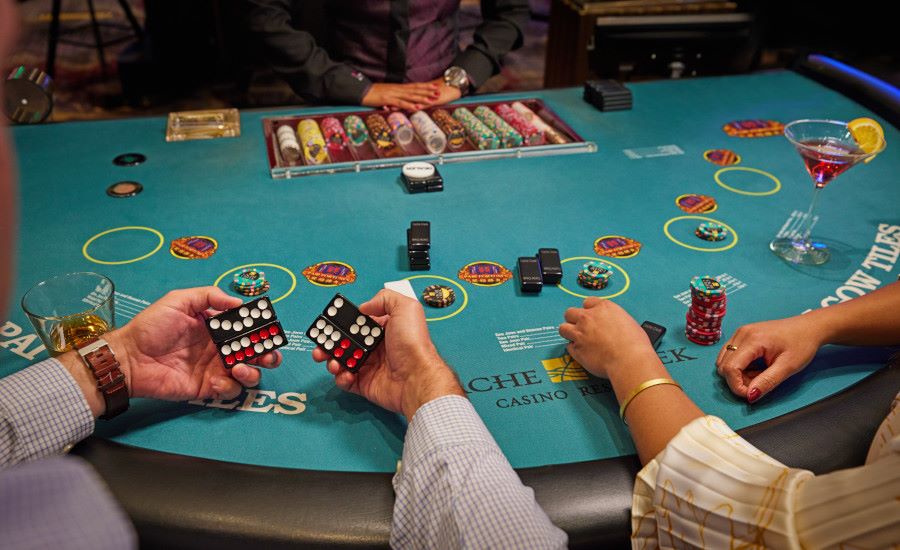In recent years, the lines between gaming and gambling have become increasingly blurred. What was once a clear distinction between entertainment and wagering has evolved into a complex and contentious intersection, raising questions about ethics, regulation, and the impact on players. As technology advances and the gaming industry continues to expand lux88togel, it’s crucial to examine this gray area and understand the implications it has on individuals and society as a whole.
Gaming, in its purest form, refers to playing electronic games for entertainment or skill development. It encompasses a wide range of activities, from casual mobile gaming to competitive eSports tournaments. On the other hand, gambling involves risking money or valuables on an uncertain outcome with the hope of winning a prize. Traditionally, gambling has been associated with activities like casinos, sports betting, and lotteries.
However, advancements in technology have led to the emergence of hybrid forms of entertainment that blur the lines between gaming and gambling. One prominent example is the rise of loot boxes in video games. Loot boxes are virtual items that players can purchase with real money to receive randomized rewards, often with varying degrees of rarity or value. While some view loot boxes as a harmless feature that adds excitement to gameplay, others argue that they resemble gambling mechanics, as players are essentially wagering money for a chance to obtain desirable items.
The controversy surrounding loot boxes highlights the ethical dilemmas inherent in the intersection of gaming and gambling. Critics argue that these mechanics exploit psychological vulnerabilities, particularly in younger players, by fostering addictive behaviors and encouraging excessive spending. Moreover, concerns have been raised about the lack of transparency and regulation surrounding loot boxes, with some likening them to unregulated gambling activities.
Regulatory bodies and policymakers have begun to take notice of these issues, prompting discussions about the need for stricter oversight and consumer protection measures. In some jurisdictions, loot boxes have been subject to legal scrutiny, with calls for transparency regarding their odds and potential risks. Additionally, gaming companies have faced backlash from players and advocacy groups, leading to changes in their monetization strategies and the removal of controversial features.
Despite these challenges, the convergence of gaming and gambling also presents opportunities for innovation and growth within the industry. For instance, the rise of eSports betting has opened up new avenues for fan engagement and revenue generation, allowing spectators to wager on the outcomes of competitive gaming events. Similarly, social casino games, which simulate traditional casino experiences without real-money gambling, have become increasingly popular among players seeking entertainment without financial risk.
Ultimately, navigating the gray area between gaming and gambling requires a balanced approach that prioritizes consumer welfare while fostering innovation and creativity. It’s essential for stakeholders, including game developers, regulators, and players, to engage in open dialogue and collaboration to address concerns surrounding addictive behaviors, underage gambling, and fair play.
